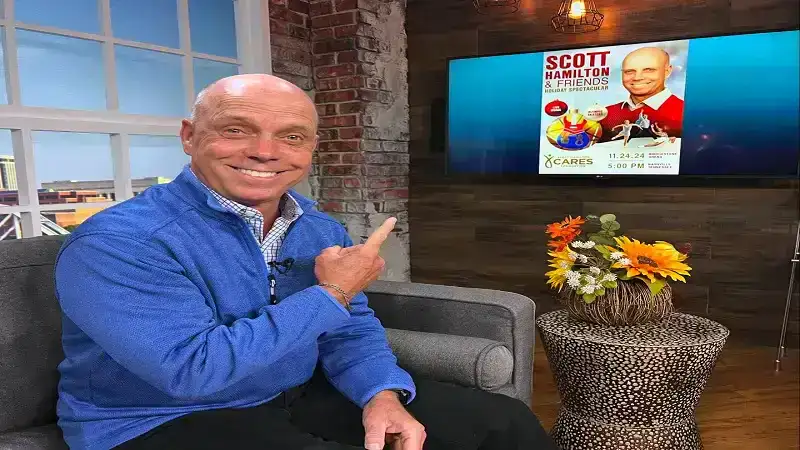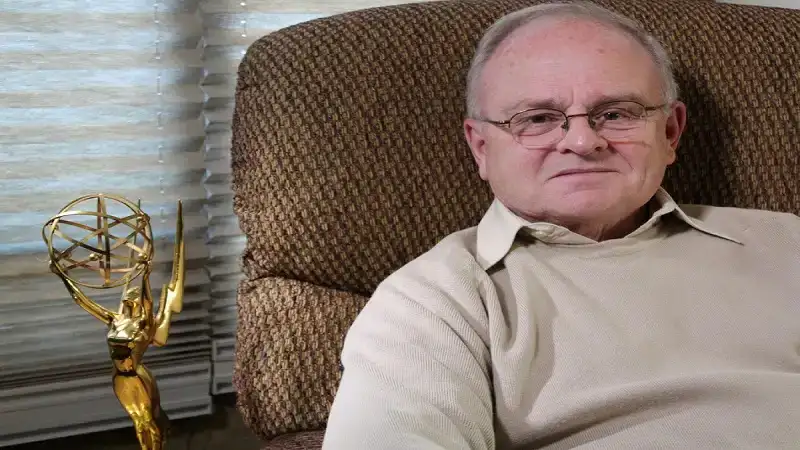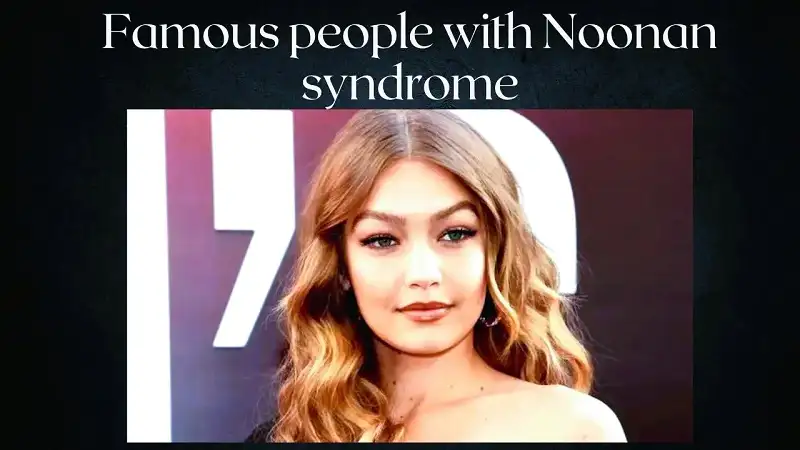Noonan Syndrome is a genetic disorder that affects various body parts, causing distinctive facial features, heart defects, short stature, and developmental delays. Though rare, affecting about 1 in 1,000 to 1 in 2,500 people worldwide, it significantly impacts those diagnosed. Despite challenges, some famous individuals with Noonan Syndrome have achieved remarkable success. They use their platforms to raise awareness, demonstrate resilience, and inspire others. This article will explore the lives of famous people with Noonan Syndrome, highlighting their challenges, achievements, and impact on others.
What is Noonan Syndrome?
Noonan Syndrome is a congenital genetic disorder caused by mutations in certain genes. It is part of a group of conditions known as RASopathies, which are related to disruptions in the RAS/MAPK signaling pathway. This pathway is important for cell growth and development, and mutations in it can lead to the various symptoms seen in Noonan Syndrome.
People with Noonan Syndrome often exhibit a range of physical and developmental traits, including:
- Unusual facial features (such as widely spaced eyes, low-set ears, and a prominent forehead).
- Heart defects, which are present in approximately 50-80% of individuals.
- Short stature, with many individuals not reaching average height for their age.
- Developmental delays or learning disabilities.
The condition is usually diagnosed early in life, although the severity of symptoms can vary greatly from person to person. There is currently no cure for Noonan Syndrome, but treatments are available to manage many of the symptoms. Recognizing the successes of famous people with Noonan Syndrome can inspire others and show that having the condition does not prevent a person from achieving great things.
Impact of Noonan Syndrome on Daily Life
Living with Noonan Syndrome can be challenging. The condition often requires frequent doctor visits, specialized medical care, and a network of support to help with daily needs. Here are some of the common challenges people with Noonan Syndrome face:
- Physical Health Issues: Due to common heart problems, individuals may need to limit physical activities or undergo surgeries. These health challenges can lead to feelings of isolation or frustration, especially for young people who may feel different from their peers.
- Social and Psychological Impact: The distinct facial features and short stature associated with Noonan Syndrome can sometimes lead to bullying or misunderstandings. This can affect a person’s self-esteem and mental health, making it difficult to socialize or form relationships.
- Educational and Developmental Challenges: Developmental delays are common in people with Noonan Syndrome. They may require additional help in school, such as special education programs or therapy. Some individuals may experience learning disabilities, making academic achievements more challenging to obtain.
Despite these challenges, famous people with Noonan Syndrome have shown that resilience and determination can help individuals pursue their dreams and even rise to fame. They serve as examples that with the right support, people with Noonan Syndrome can achieve remarkable things.
Famous People With Noonan Syndrome
The presence of famous people with Noonan Syndrome is relatively rare due to the rarity of the condition itself. However, a few individuals have achieved recognition for their talents and accomplishments despite the challenges posed by their syndrome. Here are some notable people with Noonan Syndrome:
1. Scott Hamilton

A former American figure skater and Olympic gold medalist, Hamilton is widely known for his athletic achievements. He has openly spoken about his experience with health challenges, which include a genetic disorder similar to Noonan Syndrome. While it’s not confirmed to be Noonan Syndrome, his story of overcoming physical adversity resonates with those facing similar conditions. His success inspires others to pursue their dreams regardless of health issues.
2. Gary Burghoff
Known for his role as Corporal Walter “Radar” O’Reilly in the TV series MASH*, Burghoff reportedly has a congenital condition that affects his physical characteristics. While he hasn’t been publicly identified with Noonan Syndrome, he is often an example of how individuals can succeed in their careers despite physical limitations.

These individuals have shown that while physical limitations may exist, they do not define one’s capabilities or potential. Though few celebrities are openly associated with Noonan Syndrome, those who have similar conditions have helped shine a light on the resilience required to overcome health challenges and achieve success.
How Celebrities with Noonan Syndrome Inspire Others
Celebrities and public figures with Noonan Syndrome serve as important sources of inspiration. Here’s how their influence helps others:
- Raising Awareness: By discussing their conditions publicly, they bring attention to Noonan Syndrome. Awareness helps people better understand the challenges faced by those with the syndrome, encouraging empathy and support.
- Inspiring Perseverance: Stories of resilience, such as those of Scott Hamilton’s career despite his physical limitations, inspire people with Noonan Syndrome to persevere. These stories show that while life with Noonan Syndrome has obstacles, they can be overcome with determination and support.
- Creating Role Models: Seeing someone in the public eye who has overcome similar challenges gives hope to children and adults with Noonan Syndrome. These celebrities show that success is possible, even if their path looks different from others.
The Importance of Support Systems for Those with Noonan Syndrome
Support is essential for people with Noonan Syndrome. Having a strong support network can make a world of difference in managing the condition and reaching personal goals. Here’s how family, friends, and communities play a crucial role:
- Emotional Support: Families and friends provide the emotional support needed to help individuals deal with the daily challenges of Noonan Syndrome. Emotional support fosters confidence, reduces stress, and helps them focus on their abilities instead of limitations.
- Educational Support: Many people with Noonan Syndrome require specialized education services. Schools and communities that offer these resources can help them thrive academically and socially.
- Medical Support: Ongoing medical care is often needed for managing symptoms related to heart defects, developmental delays, and other health issues. Medical professionals, as part of the support network, play a vital role in ensuring individuals with Noonan Syndrome maintain their health and well-being.
A solid support system allows people with Noonan Syndrome to lead fulfilling lives and to overcome challenges with the encouragement and assistance of those around them.
Medical Advances and Support for Noonan Syndrome
As research continues, medical advances offer new hope for people with Noonan Syndrome. Some recent developments include:
- Targeted Therapies: Scientists are exploring therapies that target the specific gene mutations causing Noonan Syndrome. These therapies have the potential to address symptoms more effectively and improve the quality of life for those affected.
- Genetic Counseling: Genetic counseling is available to help families understand the risks and implications of Noonan Syndrome. This can be especially useful for families with a history of the condition who may be considering having children.
- Support Groups and Advocacy Organizations: Groups like the Noonan Syndrome Foundation provide resources, advocacy, and a community for those with Noonan Syndrome and their families. These organizations help raise awareness, fund research, and create networks of support, making it easier for people to connect and find the help they need.
Conclusion
In short, stories of famous people with Noonan Syndrome show that this genetic disorder doesn’t limit potential. Figures like Scott Hamilton have inspired others through achievements in sports and advocacy. These individuals prove that with resilience and support, people with Noonan Syndrome can achieve remarkable things. Learning about their successes spreads awareness, builds empathy, and fosters inclusive communities that empower people with Noonan Syndrome to reach their full potential. Read More Wealthybyte.
